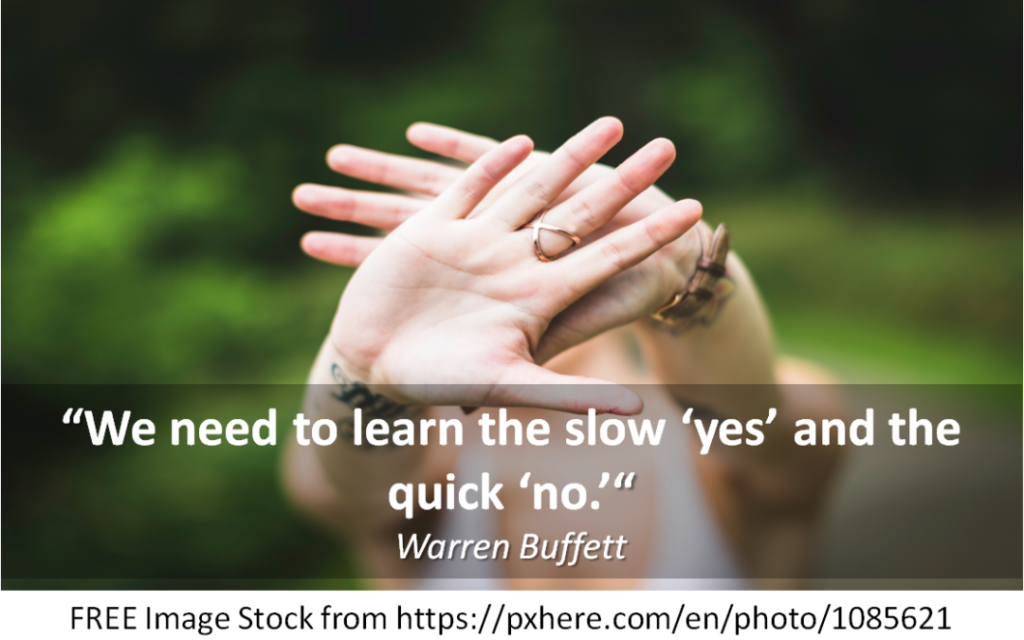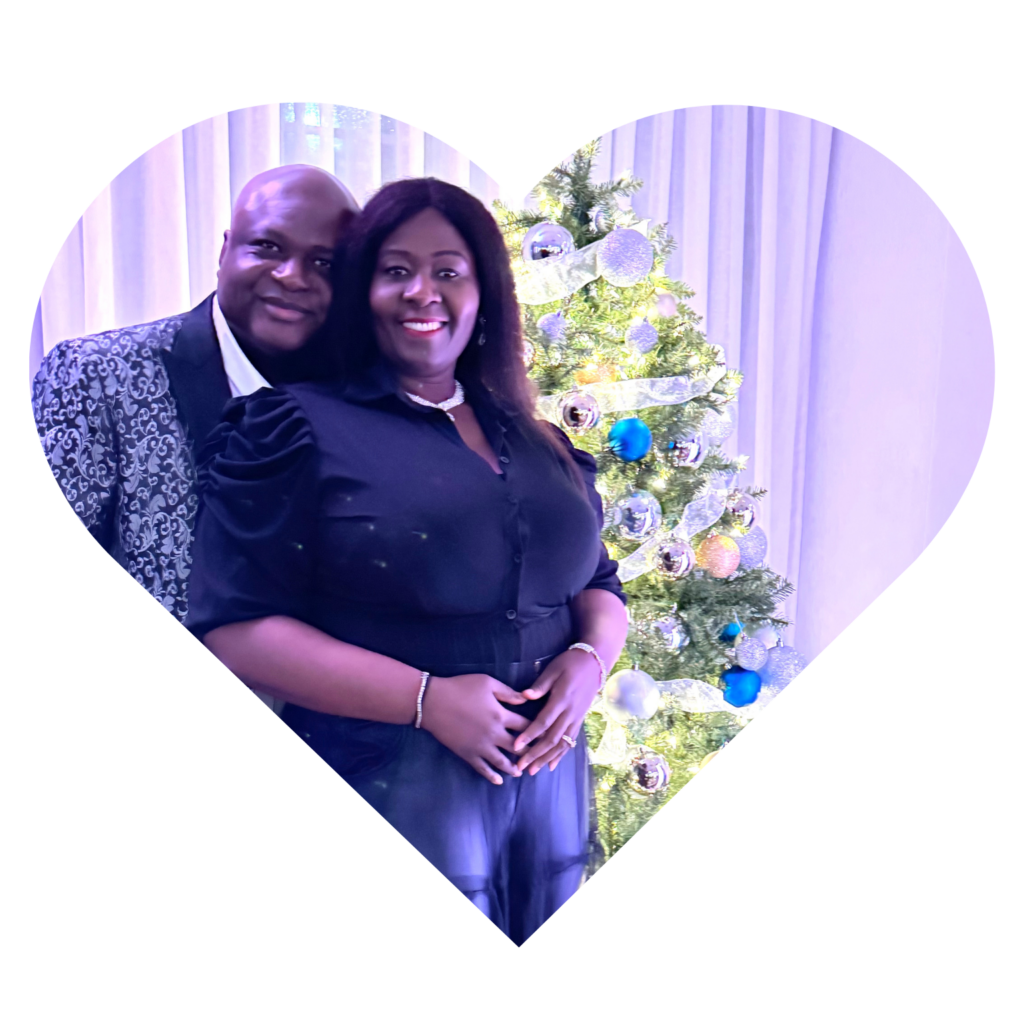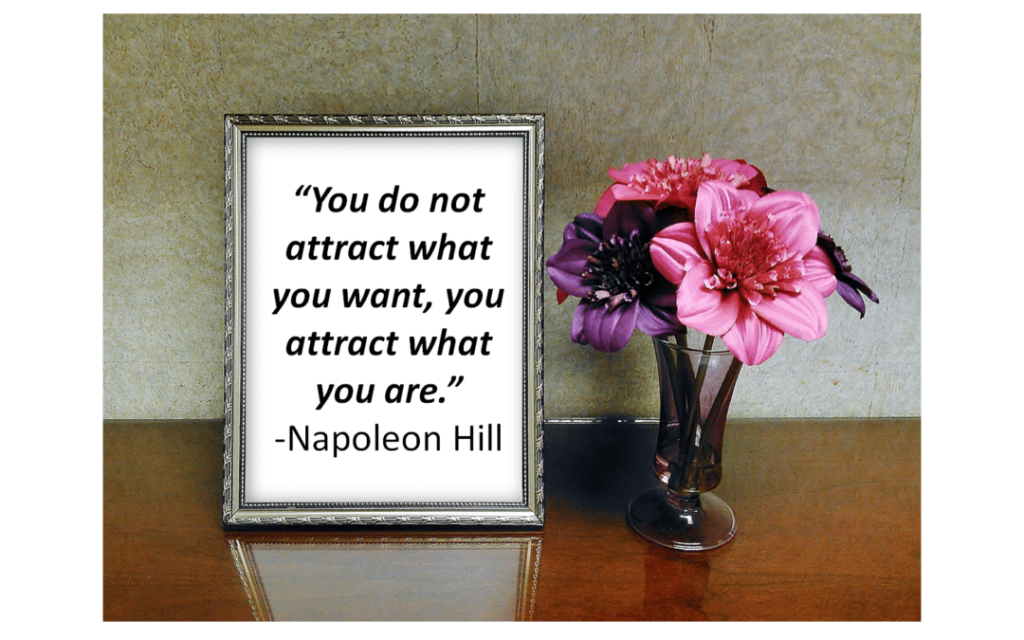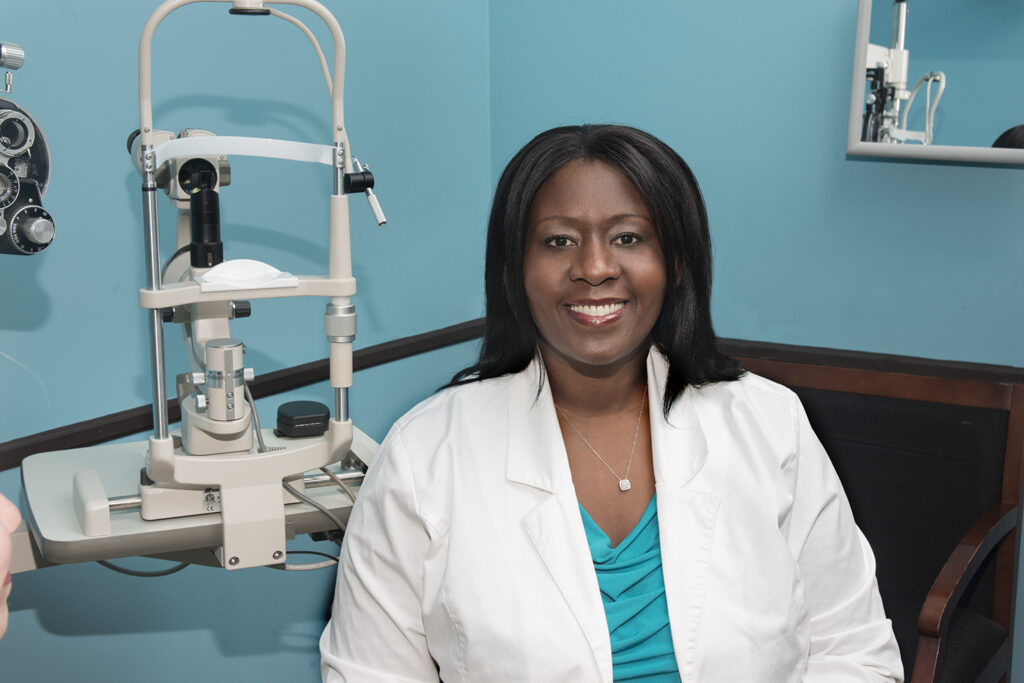Boundaries – 3 Reasons Why It’s So Hard to Say “NO”

“Half of the troubles of this life can be traced to saying yes too quickly and not saying no soon enough.” – Josh Billings
If you find it hard to say “no,” you’re not alone. Many people, especially those who are empathetic or nurturing, struggle with this. We’re wired to want to help others, and sometimes the thought of disappointing someone is unbearable.
Here are three common reasons why saying “no” is so difficult—and why it’s essential to overcome this challenge.
1. You Don’t Want to Let Anyone Down
This is likely the most common reason you say “yes” when you really mean “no.” You’re afraid that saying “no” will disappoint the other person, let them down, or even lead to rejection. You may fear they’ll think less of you, be upset, or never forgive you.
But here’s the hard truth: Saying “yes” when you want to say “no” is dishonest to yourself and to others. It leads to resentment, burnout, and ultimately disappointment in the long run. People who truly value you will respect your boundaries, and if someone rejects you for saying “no,” they may not belong in your inner circle anyway.
(Note: Family dynamics can be more complicated, but that’s a topic for another discussion.)
2. You’re Afraid of Being Seen as “Difficult”
Many women, particularly assertive ones, worry about being labeled as “difficult,” “high-maintenance,” or worse—a “diva.” Society often expects women to be agreeable, accommodating, and self-sacrificing. So, when we assert our boundaries, we fear being judged or seen as someone who doesn’t play well with others.
The truth is that saying “no” doesn’t make you difficult—it makes your interactions with others clearer and more straightforward. When people know where you stand, it actually becomes easier to work with you. And let’s face it: People will think whatever they want, no matter what you do. So, why not be true to yourself and confidently say “no” when needed?
3. You Underestimate the Commitment
How many times have you said “yes” to something, only to realize later just how big of a commitment it was? This happens when we jump into new tasks or projects without fully understanding the time, energy, or resources they’ll require. I’ve fallen into this trap myself, especially because of my “can-do” attitude. The initial excitement takes over, and before I know it, I’m overwhelmed.
To avoid this, I’ve developed a personal rule: Before saying “yes,” I consult with an advisor and give myself at least one night to sleep on it. It’s amazing how much clearer things become after some time to reflect. If you struggle with overcommitting, try setting a similar rule for yourself.
The Consequences of Saying “Yes” When You Mean “No”
When you agree to something that doesn’t align with your true feelings, it creates tension in your relationships—whether personal or professional. This dishonesty builds resentment and erodes trust. At work, it can lead to burnout. At home, it can create unnecessary emotional strain. The best approach is to let your “yes” be yes and your “no” be no.
Looking Ahead: Tips for Saying “No”
Next week, I’ll share five helpful tips for how to say “no” confidently and kindly. In the meantime, remember the wisdom of Shakespeare: “To thine own self be true.”
Summary:
Saying “no” can be difficult for many women, especially those who are empathetic or feel the pressure to please others. Three key reasons people struggle with this are: not wanting to let others down, fearing they’ll be seen as “difficult,” and underestimating the commitment involved in saying “yes.” However, constantly saying “yes” leads to dishonesty, burnout, and strained relationships. By setting healthy boundaries, you can avoid these issues and lead a more balanced, fulfilling life.
Are You a People Pleaser?
If you’re ready to break free from the constant pressure to say “yes” and want support from others going through the same struggles, I invite you to join our Optometry Divas Mastermind Group. Together, we’ll empower each other to create work-life satisfaction and find the balance we deserve. Click HERE to join the community, and let’s help each other succeed!






Responses